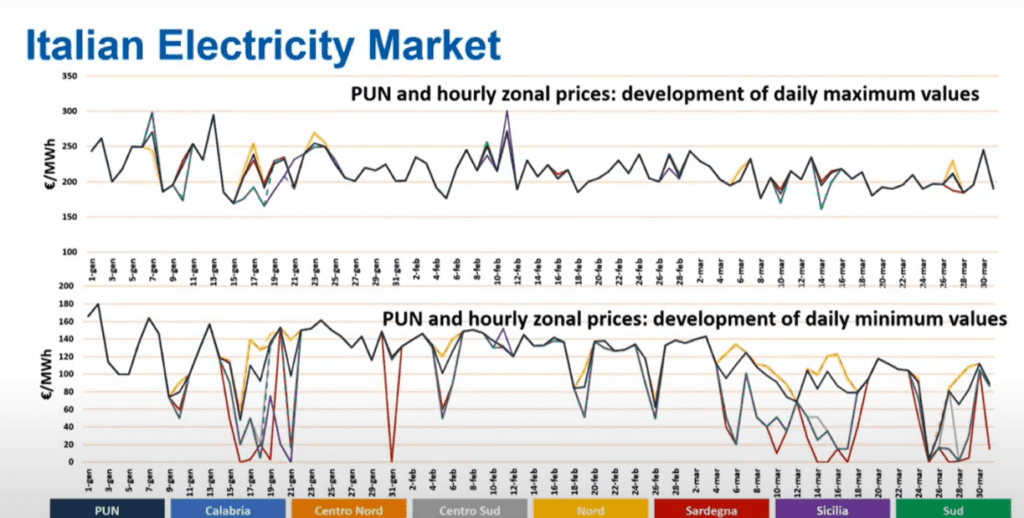The Superbonus policy in Italy, introduced in 2020, offers a tax credit of up to 110% for energy efficiency renovations, significantly impacting economic growth and sustainability. This initiative has stimulated construction, improved energy efficiency, and raised public debt, raising questions about its long-term viability and fiscal implications.
What is the Superbonus Policy and Its Objectives?
The Superbonus policy was launched as part of Italy’s recovery plan to enhance energy efficiency in residential buildings. It allows homeowners to deduct 110% of renovation costs related to energy-saving improvements from their taxes. This initiative aims to reduce carbon emissions, promote sustainable building practices, and revitalize the construction sector following years of economic stagnation.
Chart: Overview of Superbonus Tax Credit Benefits
| Benefit | Description |
|---|---|
| Tax Deduction Rate | 110% for eligible renovations |
| Eligible Projects | Energy-efficient systems, solar installations |
| Economic Impact | Stimulated construction sector |
How Has the Superbonus Influenced Economic Growth in Italy?
The Superbonus has significantly influenced Italy’s economic landscape by stimulating growth in the construction sector. The initiative led to an unprecedented surge in renovation projects, with expenditures reaching €215 billion over four years, far exceeding initial estimates. This boost has created jobs, increased demand for materials, and revitalized local economies.
Chart: Economic Growth Impact from Superbonus
| Year | Renovation Expenditures (€ billion) | GDP Growth (%) |
|---|---|---|
| 2020 | 10 | 0.3 |
| 2021 | 40 | 6.5 |
| 2022 | 60 | 4.0 |
| 2023 | 50 | 2.5 |
What Are the Key Benefits of the Superbonus for Homeowners?
Homeowners benefit significantly from the Superbonus through substantial financial incentives for energy-efficient renovations. Eligible projects include upgrading heating systems, installing solar panels, and enhancing insulation. These improvements lead to reduced energy costs, increased property value, and enhanced living conditions.
What Challenges and Criticisms Have Emerged from Its Implementation?
Despite its benefits, the Superbonus policy faces several challenges:
- Supply Chain Issues: Delays in material delivery and labor shortages have hindered project completion.
- Fiscal Burden: The cost of tax credits has led to significant increases in national debt, raising concerns about fiscal sustainability.
- Inequitable Access: Critics argue that wealthier homeowners disproportionately benefit from these incentives, exacerbating social inequalities.
How Does the Superbonus Impact Italy’s Public Finances and Debt Sustainability?
The fiscal implications of the Superbonus are profound. The Italian government revised its budget deficits upward due to spiraling costs associated with tax credits linked to this policy. The debt-to-GDP ratio is projected to rise as a result of these financial commitments, creating long-term challenges for Italy’s economic stability.
What Changes Are Anticipated for the Future of the Superbonus Policy?
In response to fiscal pressures, Italy plans to gradually reduce tax credit rates—from 110% in 2020 to 70% by 2024—while tightening eligibility criteria. These adjustments aim to mitigate financial strain on public accounts while still encouraging sustainable renovations.
What Lessons Can Be Learned from Italy’s Experience with the Superbonus?
Italy’s experience with the Superbonus offers critical insights into managing large-scale incentive programs:
- Sustainable Planning: Future policies should balance immediate economic benefits with long-term fiscal health.
- Equitable Access: Ensuring that incentives reach a broader demographic can enhance social equity.
- Supply Chain Management: Addressing supply chain vulnerabilities is essential for successful implementation.
Latest News
Recent discussions around Italy’s Superbonus policy highlight ongoing adjustments to tax credit rates and eligibility criteria due to rising public debt concerns. As fiscal pressures mount, analysts predict that these changes will shape future government spending strategies while maintaining a focus on sustainable development.
Editor Comment
“The journey of Italy’s Superbonus reflects a bold attempt at integrating sustainability into economic recovery. However, it serves as a cautionary tale about balancing ambition with fiscal responsibility,” says an economic expert.
FAQ Section
What is the purpose of the Superbonus policy?
The purpose is to promote energy efficiency renovations in residential buildings through substantial tax credits.How has it impacted employment?
The policy has created numerous jobs in construction and related sectors due to increased demand for renovation projects.What are potential future changes to this policy?
Future changes may include reduced tax credit rates and stricter eligibility requirements to address budgetary concerns.




